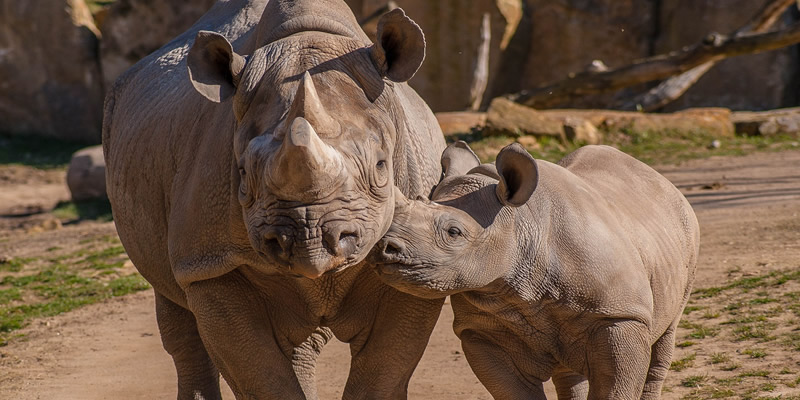

Species: A taxonomic category that includes individuals that reproduce under natural conditions and produce fertile offspring, are separated from closely related species by reproductive isolation, and are phenotypically very similar to each other is called a species.
Ecosystem: The whole formed by living things living in a certain area and constantly interacting with each other and their non-living environment is called an ecosystem. Ecosystem is the entire living and non-living environment.
Endangered species: They are organisms that are in danger of extinction in the near future unless appropriate conservation measures are taken. Major factors contributing to species endangerment include habitat destruction, pollution, climate change, overexploitation and other human activities. When a species is classified as endangered, it means that its population has decreased significantly and is in danger of extinction.
The importance of protecting endangered species goes beyond individual species. Biodiversity, the variety of life on Earth, is crucial to the stability and resilience of the ecosystem. The loss of one species can have cascading effects on the entire ecosystem; It can affect other species and even human populations that depend on healthy ecosystems for various resources.
International organizations such as the International Union for Conservation of Nature (IUCN) maintain a Red List that categorizes the conservation status of thousands of species worldwide. Species can be classified as “critically endangered,” “endangered,” or “vulnerable,” among other categories, based on the level of threat they face. Conservation efforts often focus on raising awareness, implementing protective measures, and conducting research to better understand and address factors that contribute to the decline of endangered species.
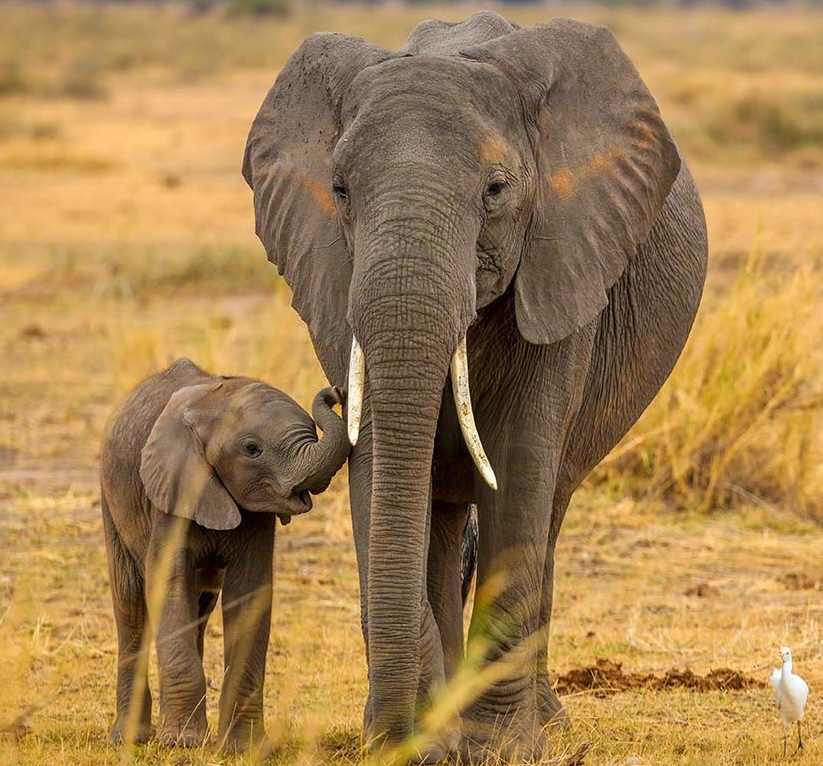
Species conservation
Species conservation, also known as biodiversity conservation, is the management, protection and conservation of species and their habitats. The purpose of species conservation is to prevent the extinction of endangered and threatened species and to maintain healthy ecosystems. Biodiversity, the variety of life on Earth, plays an important role in maintaining the balance and stability of ecosystems, and every species contributes to this complex web of life.
Some important considerations and strategies for species conservation include:
- Habitat Protection
- Species Monitoring and Research
- Resettlement
- Programs
- Community Participation
- Education and Awareness
- Global Collaboration
- Mitigating Climate Change
- Sustainable Practices
- Research and Technology
- Legal Frameworks and Regulations
- Resettlement Programs
In summary, species conservation is a multifaceted and dynamic field that requires a combination of scientific research, legal frameworks, community engagement, and international cooperation to ensure the long-term survival of Earth's diverse life forms.


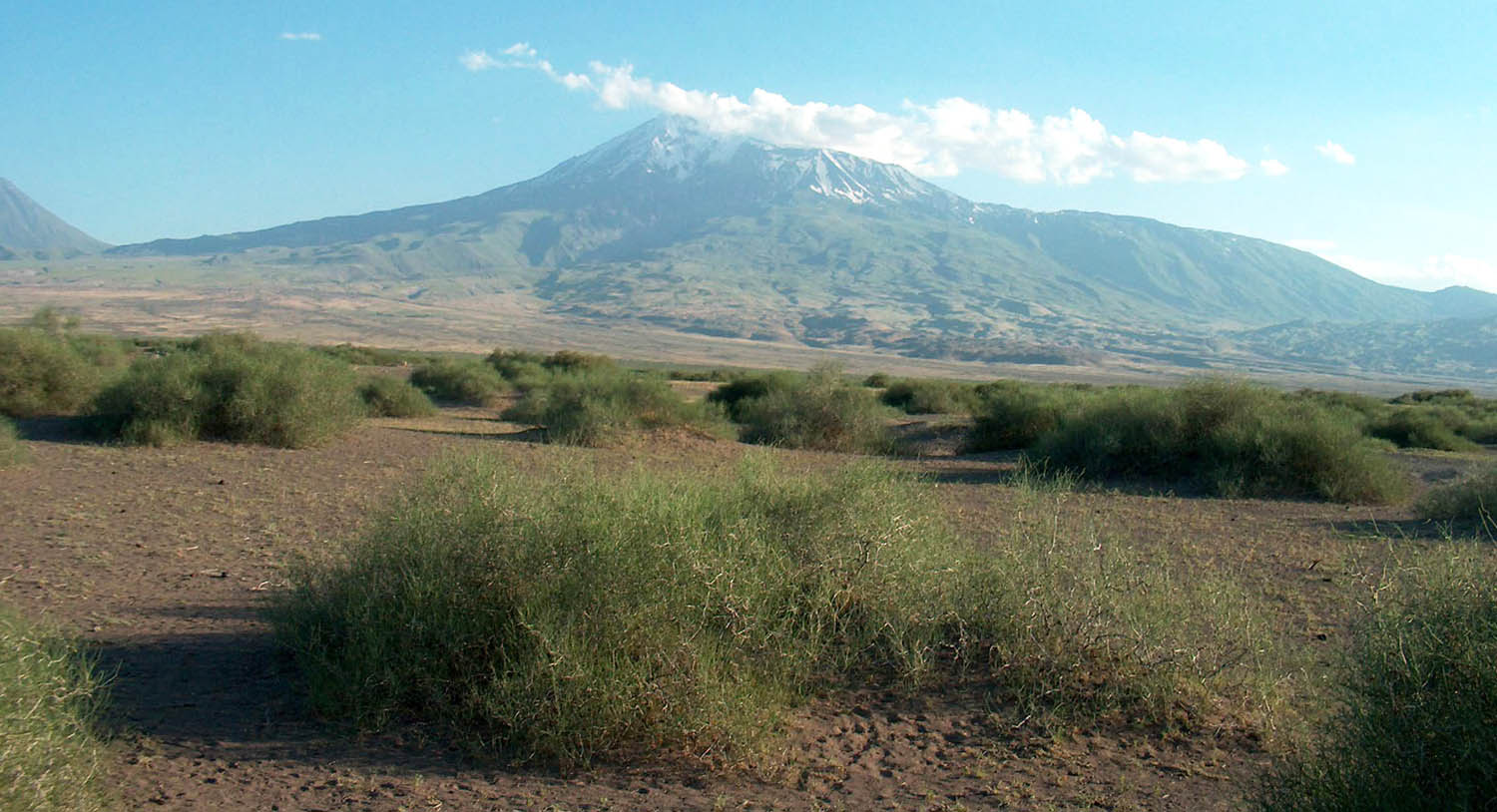
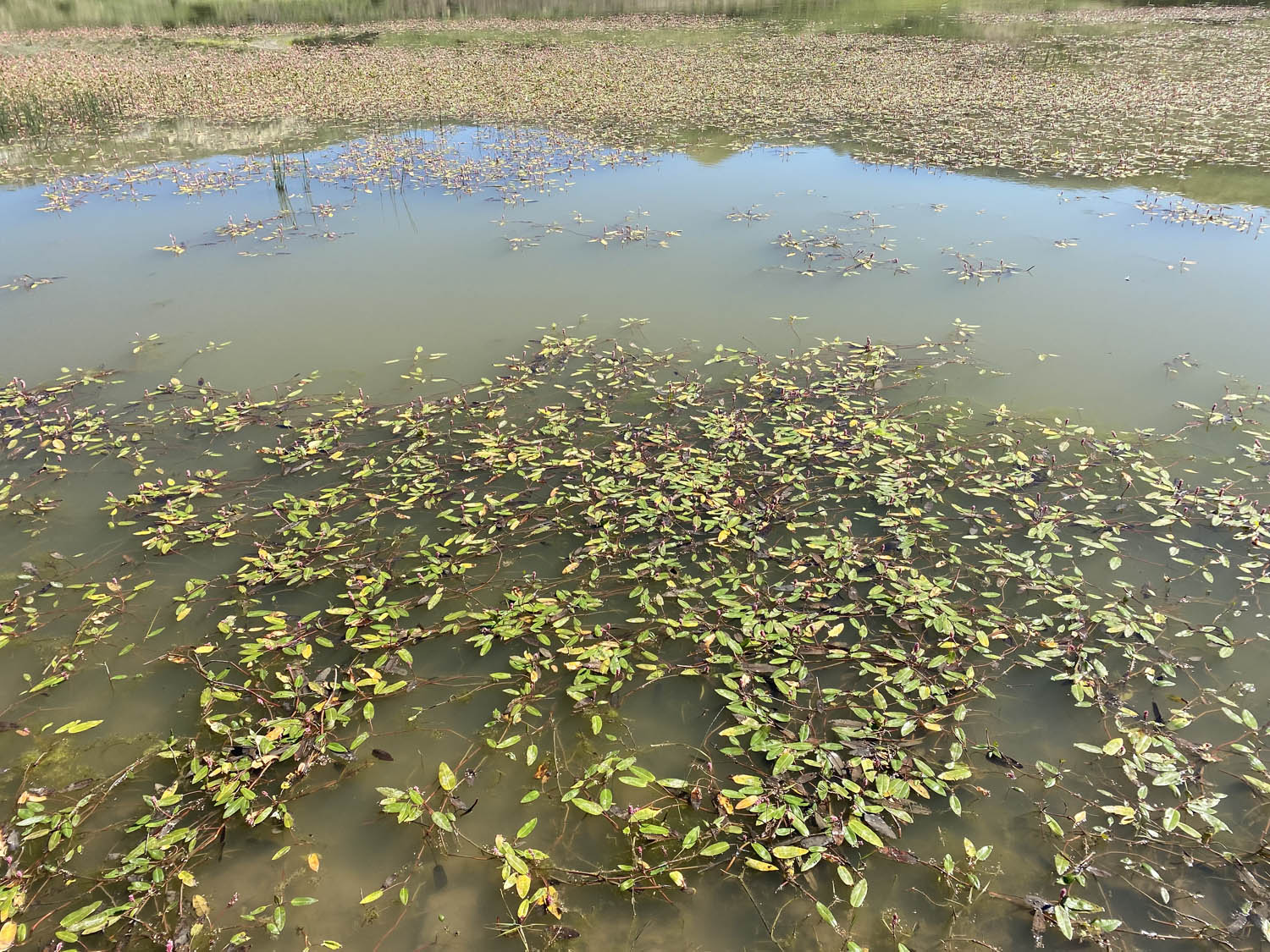
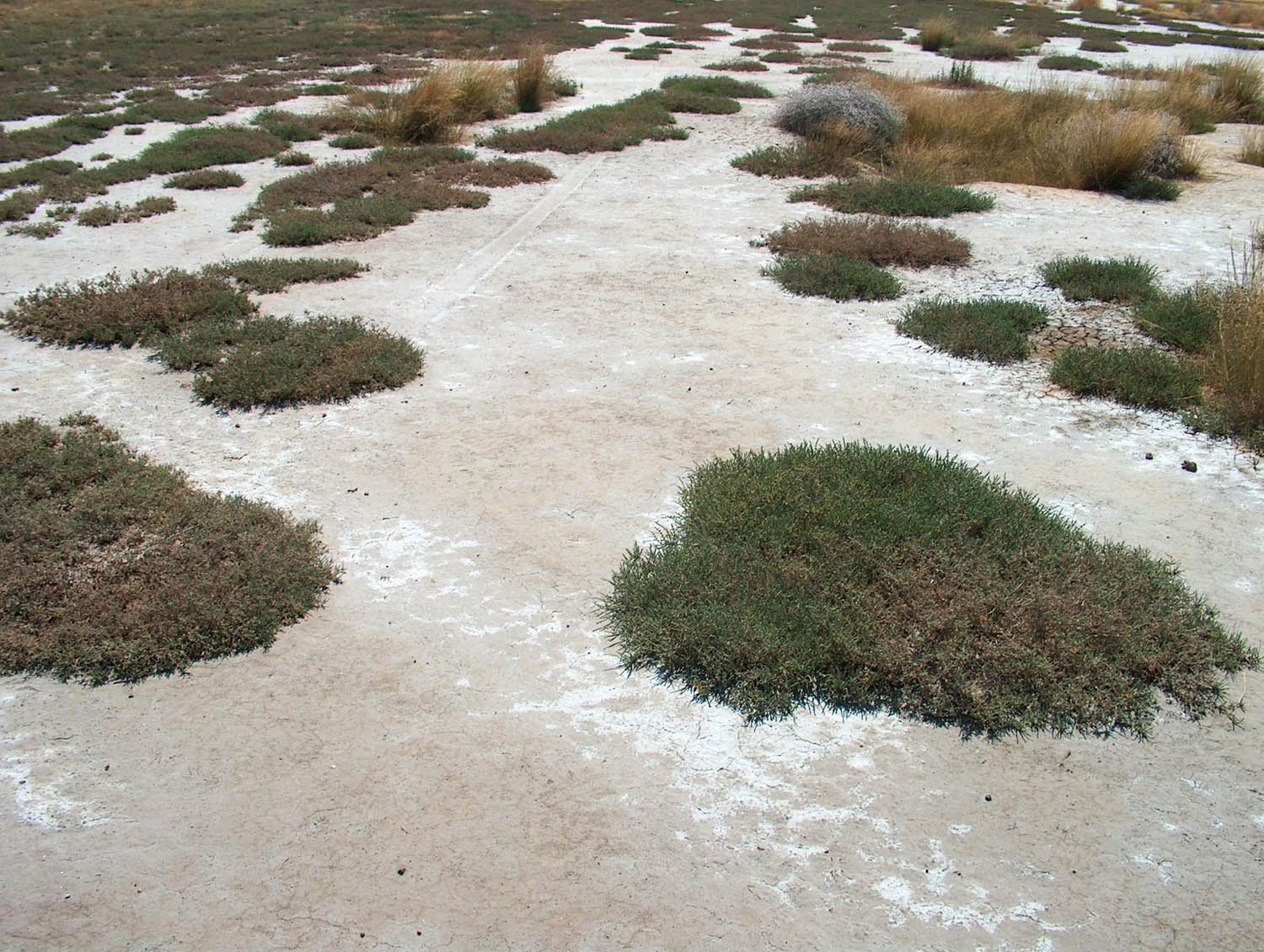


Protection of ecosystems
Ecosystem conservation is a broader, more comprehensive approach to preserving the diversity of life on Earth. It involves protecting not only individual species but entire ecosystems, including the living organisms within them, their physical environments, and the complex interactions between them. Ecosystems provide essential services such as clean water, air purification, plant pollination, and climate regulation. Protecting ecosystems is vital to maintaining the health of our planet and ensuring the well-being of both wildlife and human communities.
Basic principles and strategies for ecosystem conservation include:
- Conservation of Biodiversity
- Habitat Protection
- Sustainable Land Use
- Restoration
- Protected Areas
- Integrated Management
- Climate Change Mitigation and Adaptation
- Community Participation
- Education and Outreach
- Global Collaboration
Ecosystem conservation requires a comprehensive and interdisciplinary approach that takes into account ecological, social, economic and political factors. It aims to strike a balance between human development and the preservation of the ecological integrity of the planet for the benefit of current and future generations.


